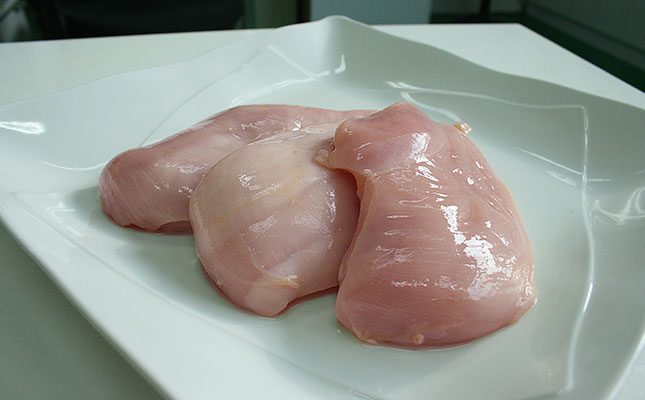
Photo: Pxfuel
Strides made towards greater transformation was also at stake as farmers struggled to compete with cheap imports amid the absence of import tariffs over the last year.
The poultry industry now hoped that the tariff reintroduced on Monday would bring relief to farmers.
Duties on imported chicken were suspended in August last year after the provisional anti-dumping duties that were in place from December 2021 to June 2022 expired. Following high food inflation and concerns over food security, Trade and Industry Minister Ebrahim Patel decided to halt reintroducing the tariffs until now.
Previously, the International Trade Administration Commission’s (ITAC) investigation concluded that producers in Brazil, Denmark, Ireland, Poland, and Spain had been dumping poultry products onto the South African market. This placed the industry, worth R59 billion, at risk of folding.
Izaak Breitenbach, CEO of the South African Poultry Association (SAPA), said that poultry imports had risen since October last year. In March, imports had risen to 46 000t/month, compared to 17 000t/month in the previous year when tariffs were still in place. There was especially an increase in mechanically deboned meat (MDM).
An absence of tariffs on imported chicken halted progress made by the Agriculture and Agro-Processing Master Plan (AAMP), exposing incongruency in government policies. Over the last three years, SAPA had assisted 20 new black contract growers to erect businesses and increased capacity to produce chickens to fully meet South Africa’s demand, he said. “These efforts towards economic progress and transformation hang in the balance,” said Breitenbach.
The tariffs had, however, caused concern among consumers who could face higher chicken prices as a result. But Breitenbach said that independent research had shown that the effect was minimal.
Dr Tracy Davids, director of the Bureau for Food and Agricultural Policy (BFAP), said that in principle, the tariffs increased prices for consumers, but that the extent depended on several factors, including the level of tariffs and the country of origin. “However, tariffs ensure a fair-trading environment, which brings sustainability.”
She noted that a range of factors have led to an increase in chicken prices globally and that price increases would not be solely as a result of tariffs.
Marlene Louw, economist at Absa AgriBusiness, added that South African poultry production was very cost effective and that the country could compete with the best in the world. “But dumped chicken is sold far below its production cost, and on that level our farmers can’t compete, which makes tariffs the fair thing to do.”











